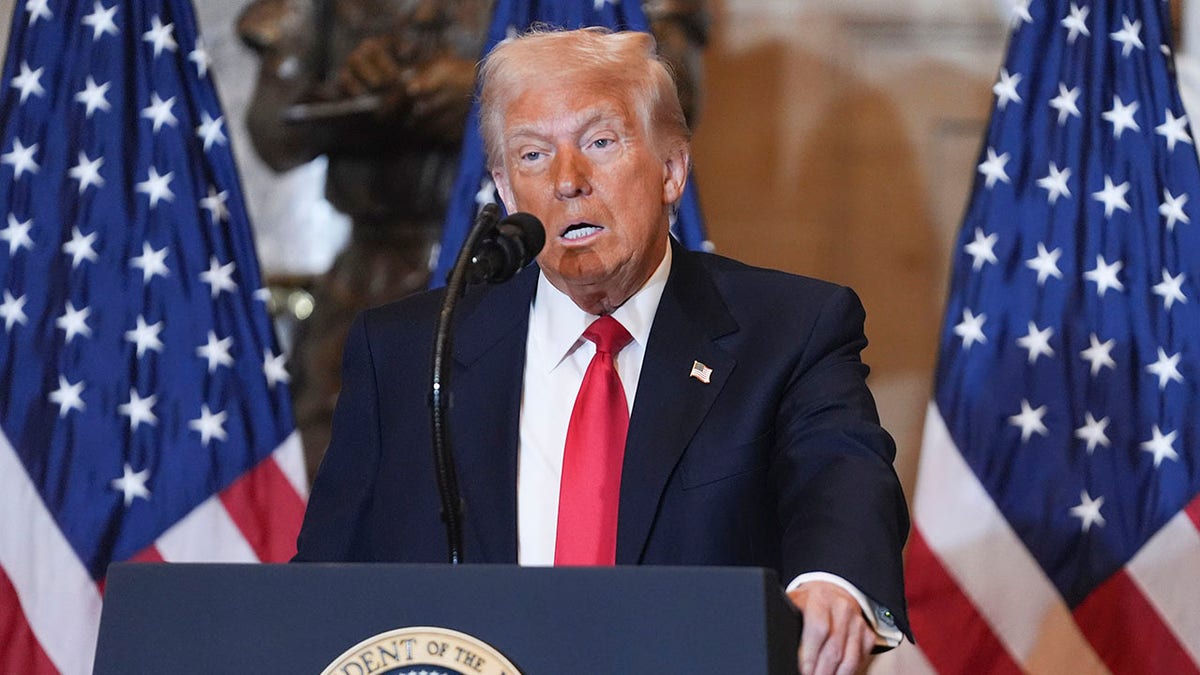The House of Representatives has taken decisive action against the fentanyl crisis by passing legislation to permanently designate fentanyl as a Schedule I controlled substance. This move aims to empower law enforcement agencies in their fight against drug trafficking and stem the flow of this deadly opioid into communities.
Previously, fentanyl's Schedule I classification was temporary, established by the DEA in 2018 and set to expire in March. The newly passed HALT (Halt All Lethal Trafficking) of Fentanyl Act, introduced by Representatives Morgan Griffith and Bob Latta, makes this classification permanent under the Controlled Substances Act. The bill received bipartisan support, passing 312-108, though a significant number of Democrats voted against it.

The DEA's largest fentanyl seizure in New York City involved colorful pills concealed within a LEGO box. (U.S. Drug Enforcement Administration)
Schedule I drugs are defined as substances with a high potential for abuse, no currently accepted medical use, and are subject to stringent regulatory controls and penalties. The HALT Act also increases mandatory minimum sentences for fentanyl-related offenses, including manufacturing, importation, and possession with intent to distribute.

Rep. Bob Latta co-sponsored the HALT Act. (Tom Williams/Getty Images)
Proponents of the bill emphasize its importance in addressing the devastating impact of fentanyl. The CDC reported nearly 75,000 deaths from synthetic opioids like fentanyl in 2023 alone. Supporters argue that permanently scheduling fentanyl sends a clear message about the nation's commitment to combating this deadly drug.

President Donald Trump speaking at the National Prayer Breakfast. (Evan Vucci/AP Photo)
This legislation is part of a broader government effort under the Trump administration to crack down on fentanyl trafficking. This includes tariff strategies aimed at pressuring other countries to cooperate in reducing the flow of fentanyl into the United States.
Comments(0)
Top Comments